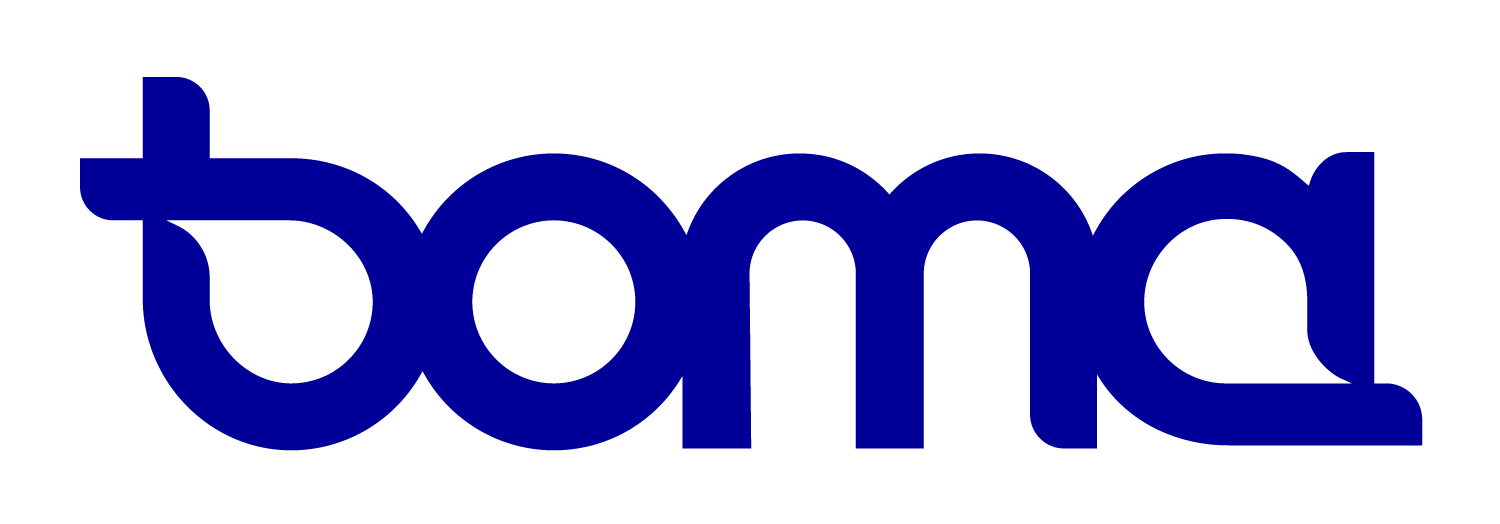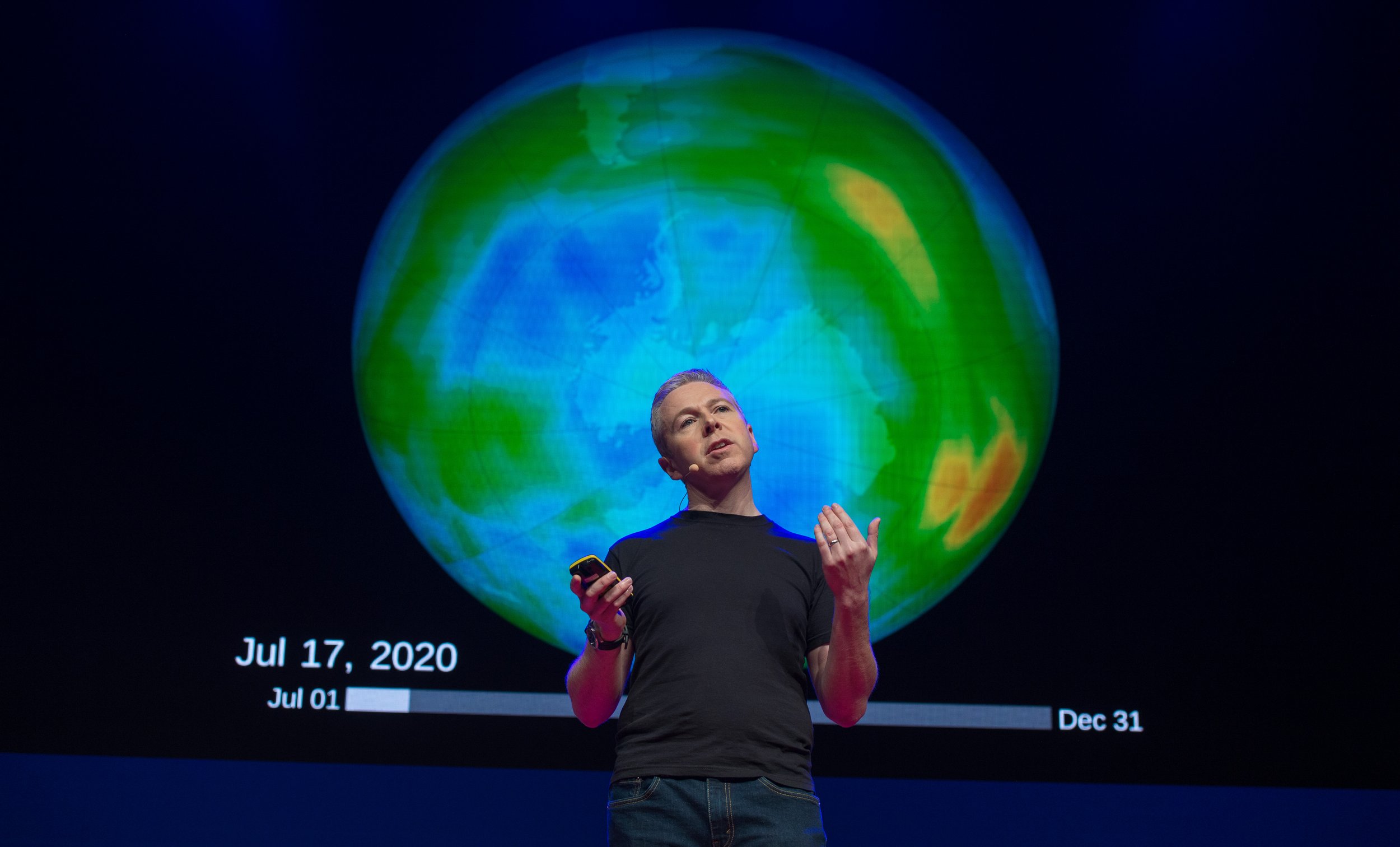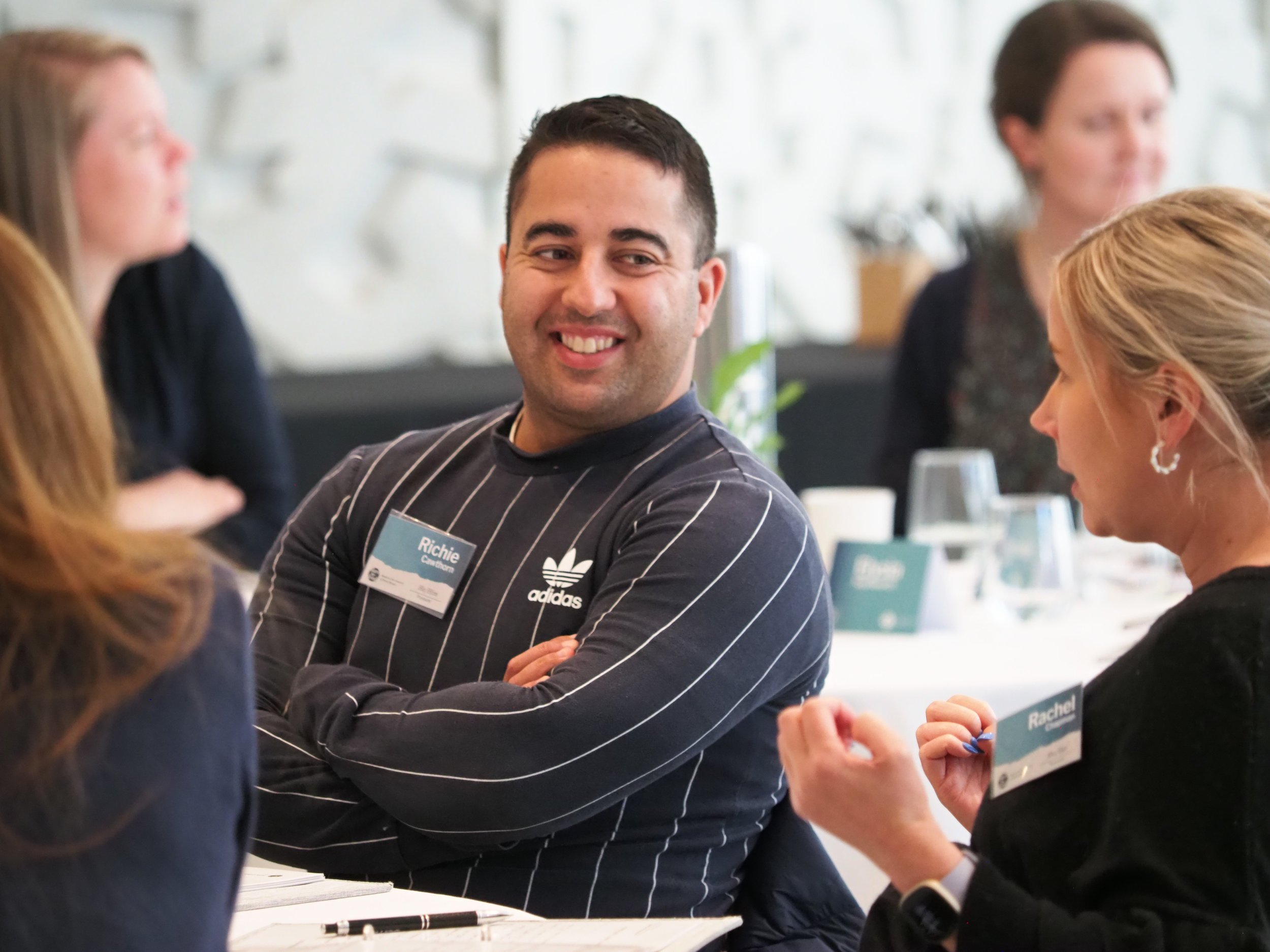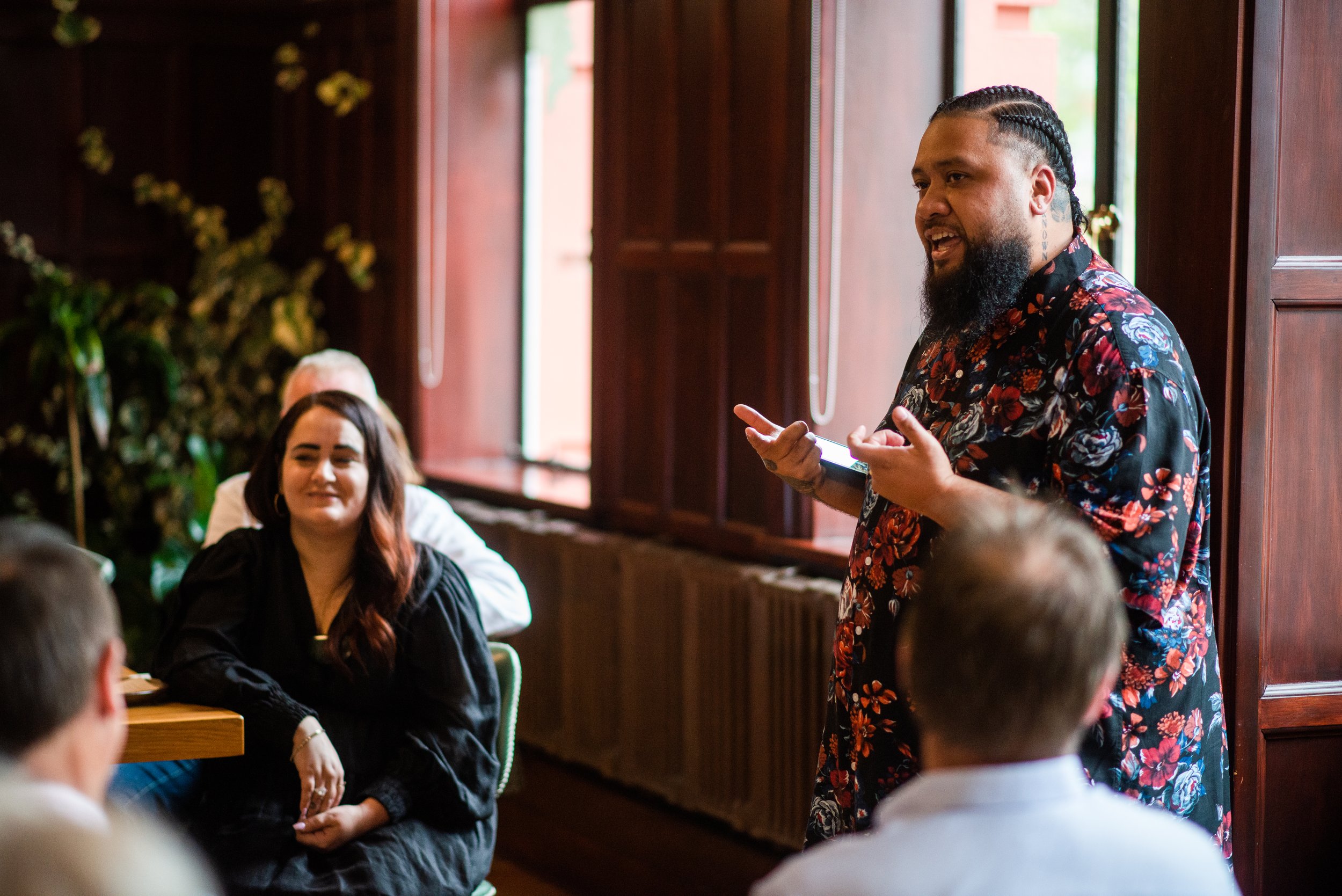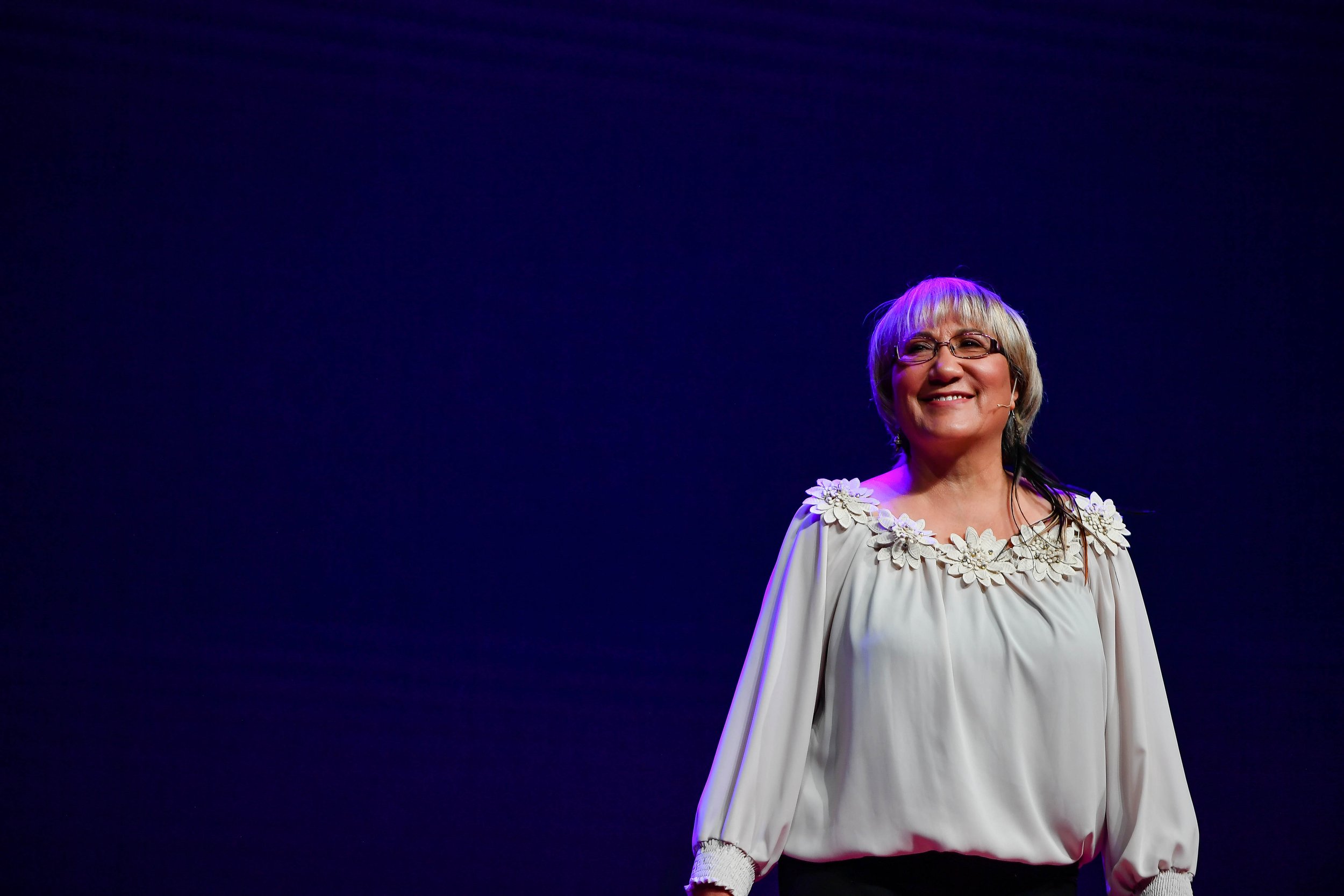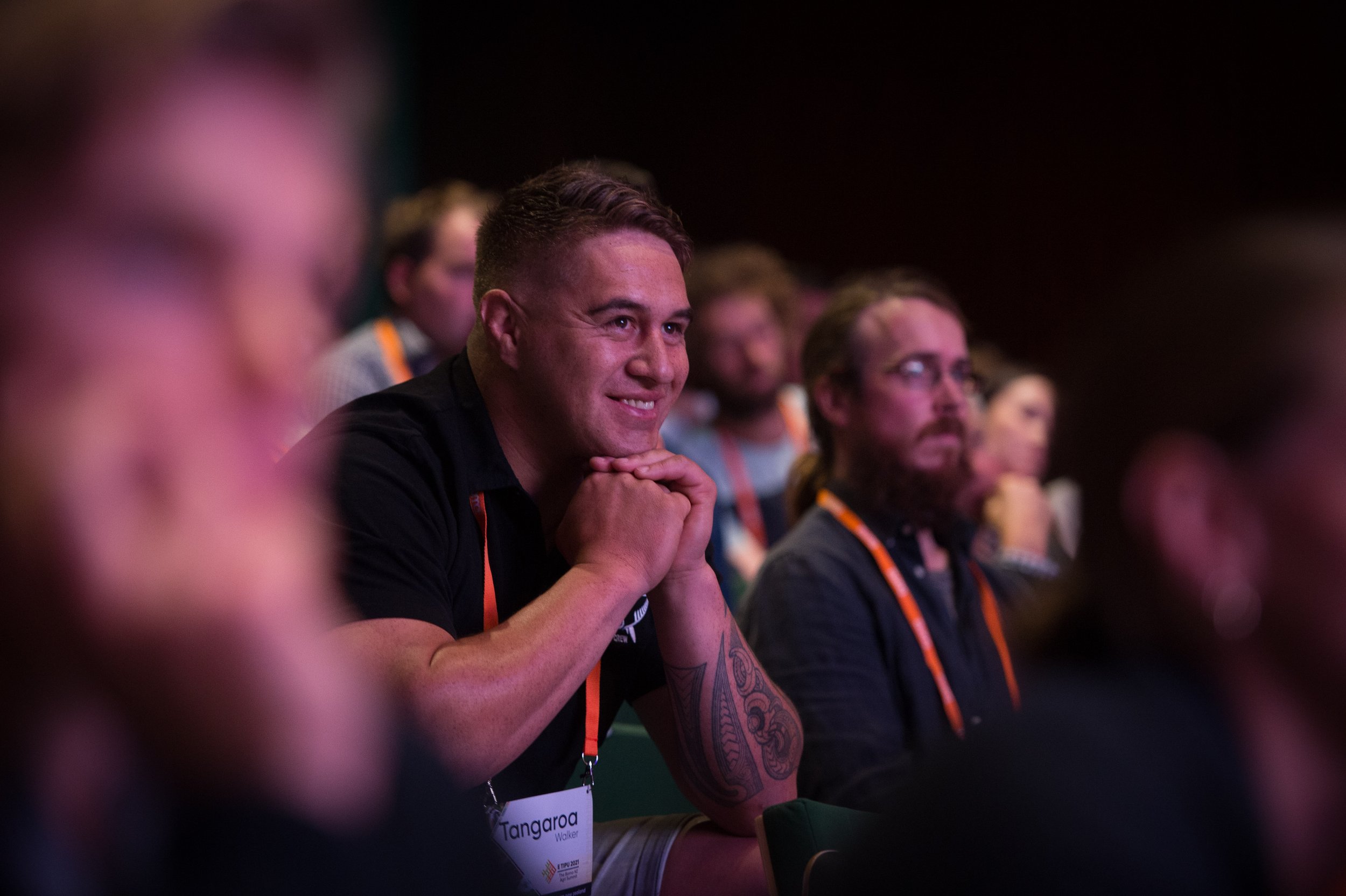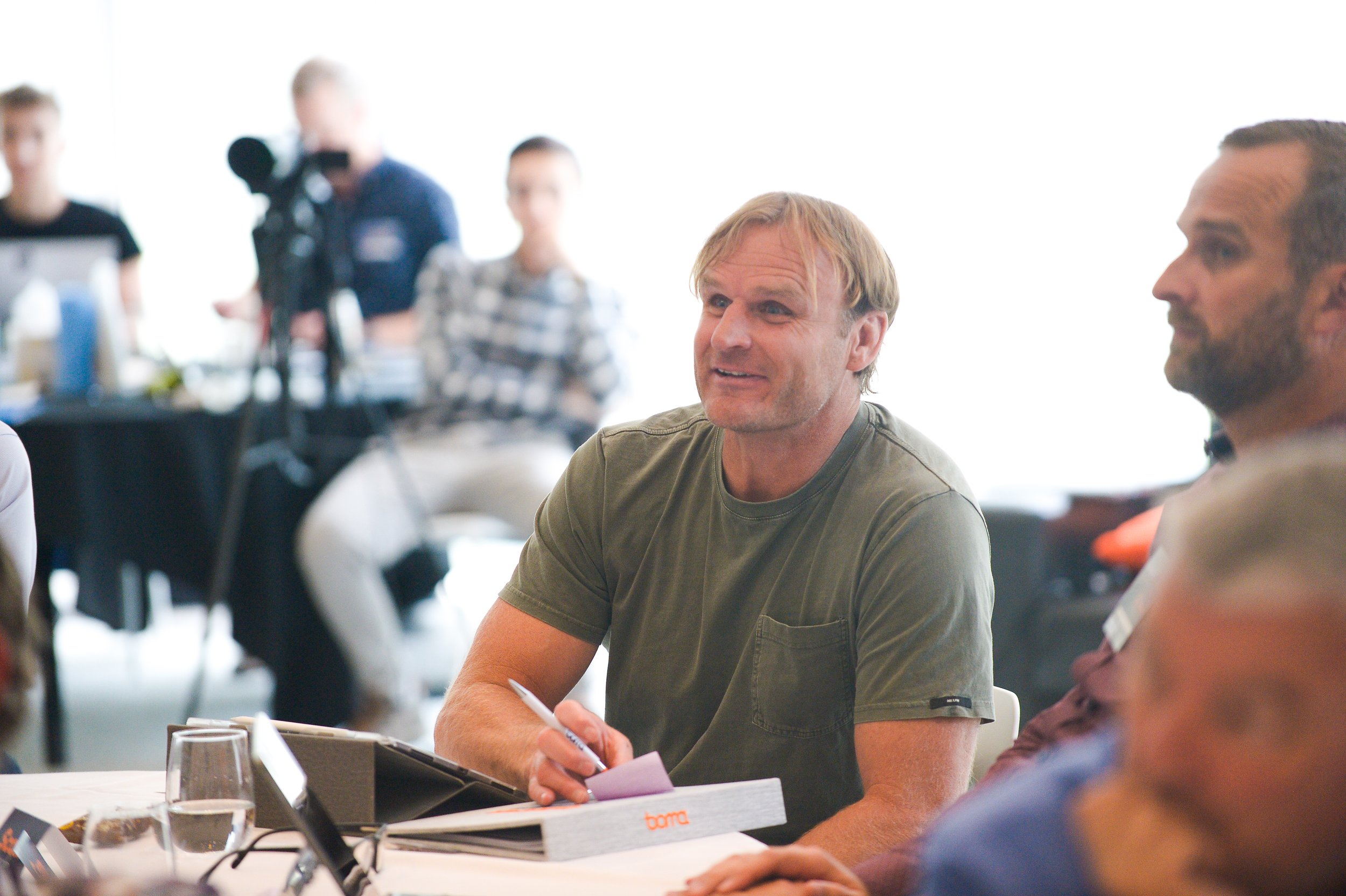To navigate our highly uncertain world, we need a new kind of leader.
How do you manage people through extreme change?
How do you maintain massive ambition without destroying your team?
How do you build cultures of accountability, ownership, and trust?
Boma's groundbreaking programs drive real change and real results.
Our flagship course, the Crusaders Leadership Programme™, has welcomed more than 1,100 people from 35 countries to build their winning culture and grow players into leaders. More than three months on, 92.8% of participants report lasting behaviour change.
We also offer in-person programmes on leadership, foresight, equity, and communication at our headquarters in Aotearoa New Zealand.
“The future isn’t some static thing out there, waiting to happen to us. The future is created by us, by the aggregation of the choices we make every day. It’s time to stop watching the movie and start starring in it. Forget preparing for the future. We need to create it.”
— Kaila Colbin; founder and CEO, Boma
Our vision is a world of intentional, intelligent and courageous leaders.
Imagine a world in which bold leaders build bold cultures, with teams that live and breathe their values, have the courage of their convictions, and are unafraid to pivot, adapt and grow.
In which difficult and courageous conversations are the norm and we don’t carry around the unsaid.
In which we know how to care for ourselves in order to dream bigger and achieve more.
At Boma, we've imagined it. And we're ready to build it.
Want to join us?
